What is tougher for a kid? To be born black in a predominantly white neighbourhood, or to be born to surrogate lesbian parents?
Payton Cramblett, aged three, is both. She lives in Uniontown, Ohio — a suburb of unlovely Akron, tyre capital of the United States. Her parents are the butch, crew-cut dyke Jennifer Cramblett and the slightly less identifiably lesbian Amanda Zinkon. They are not best pleased. They bought six vials of semen from a nearby sperm bank at a cost of $400 a pop. I don’t know how much of the stuff you get in a vial — I assume no more than a couple of quick squirts — but anyway, it was via this wholly natural and romantic conduit that little Payton was created. I am not entirely au fait with the process, I confess, but I am sure that it is deeply loving and romantic, no matter what complicated implements are required. And charged with great sexual tension, too, seeing as so much money is involved.
Anyway, for reasons best known to at least one brave little sperm, this holy act of lovemaking worked a treat and pretty soon Payton was conceived.
But when she came out, she was black. The parents were aghast, especially Jennifer. She is now suing the sperm bank because she specified on her application form that she wanted the donor to be white, blond-haired and blue-eyed. So we would seem to have a breach of contract.
Jennifer’s worries are many and multifarious. First, she says that she has no ‘cultural competency’ with African-Americans — which I think is modern parlance for not liking blacks. Second, there is the problem of sorting out little Payton’s hair, which is black and tightly curled. She has to drive a very long way in order to find a salon capable of dealing with black people’s hair, as there are none at all in Uniontown. And that’s a bind. Finally, there are the many problems that will face Payton as she grows up in a suburb which is almost entirely white. She will feel dislocated and alienated from her neighbourhood, Jennifer argues, a lonely black face amid a sea of lower-middle-class honkies.
And that brings me back to the question with which I opened this article. It is true that there are very few black people in Uniontown — they constitute a fraction of 1 per cent of the 3,000 or so people who live there. But that’s still probably more than there are children conceived artificially to lesbian parents, no? When it comes to social stigma applied by undoubtedly horrible and ignorant people, my guess is that she will suffer more as a consequence of the parental arrangement than she will as a consequence of the colour of her skin. Much though we all might wish to abolish the reactionary and old-fashioned set-up of the family — man, woman, children conceived by arduous and humiliating bouts of sexual intercourse within a grim and monogamous marriage — some people, and especially children, can be a little resistant to more progressive and agreeable methods of procreation and child-rearing. Unaccountably, they cleave to tradition. I am sure that this can be beaten out of them by interventionist programmes at school to the extent that one day marriage between a man and a woman will be seen as entirely irrelevant to the procreation of children, and kids will simply be a lifestyle choice, an accessory, quite devolved from notions of commitment, religious faith, nature and so on. That sunlit upland is well on the way, but we are not there yet.
Regarding the hairdressing problem: twice a year my wife travels 70 miles to have her hair done. I don’t see why Jennifer and Payton can’t make a journey of a dozen miles or so to Akron to sort her cornrows out. There are more black people in Akron than you could shake a stick at — a third of the population. It was also a venue for the 2014 Gay Games. I don’t know why there are separate Olympic games for gay people — possibly because, as with the Paralympics, they are not as fast as the athletes in the normal Olympics, or can’t throw things as far. But whatever, perhaps Jennifer and Amanda should consider moving the short distance to Akron, as it seems, demographically at least, the perfect place. Also, if they ever get a puncture in the car, they’ll be sorted. But moving house would involve a commitment to their child which does not so far seem to have impinged.
This problem, the Payton Problem, may raise its head again soon enough. Rates of lesbianism and homosexuality are much lower within black and ethnic minority populations than they are among whitey. Rates of black homosexual or lesbian people who wish to adopt a child are vanishingly small. But at the same time, there is apparently no shortage of black males who are happy to donate their semen to the sperm banks. Fifty bucks a go, all you have to do is stare at a picture of Hillary Clinton in a pleasant cubicle for a few minutes and voilà, you’ve just made a white lesbian couple very happy. But not, sadly, this lesbian couple.
I suppose it would be wholly wrong, and simplistic, to suggest that these potential problems could be obviated by doing away with sperm banks. And that for those who are not prepared to suffer the indignities of heterosexual intercourse, adoption might be the answer.
Got something to add? Join the discussion and comment below.
Get 10 issues for just $10
Subscribe to The Spectator Australia today for the next 10 magazine issues, plus full online access, for just $10.
You might disagree with half of it, but you’ll enjoy reading all of it. Try your first month for free, then just $2 a week for the remainder of your first year.


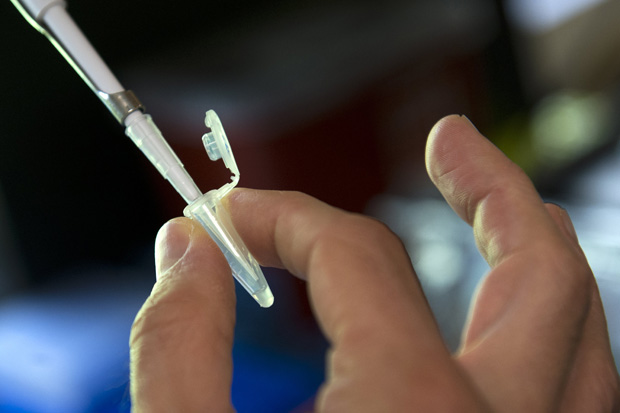

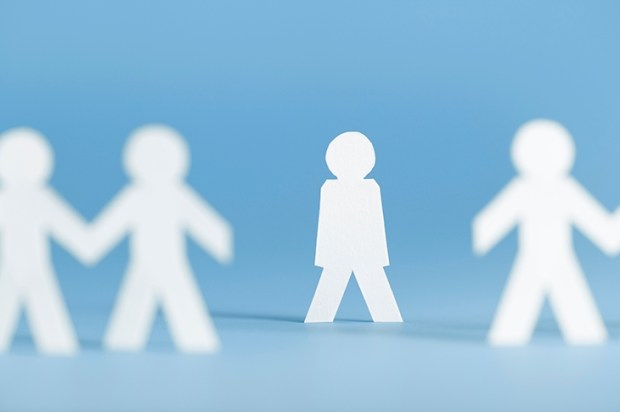
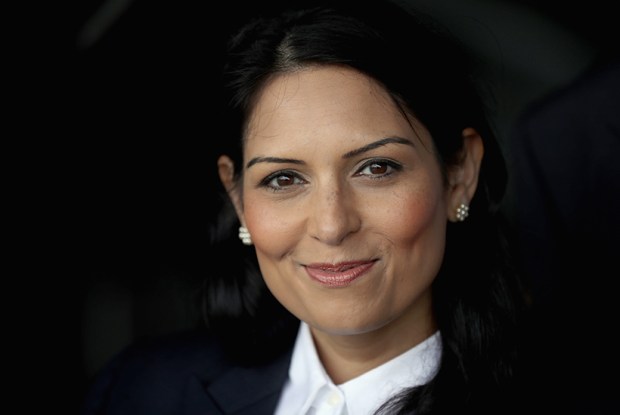
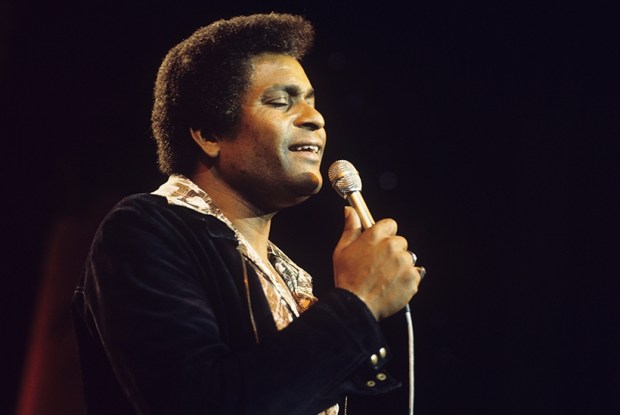
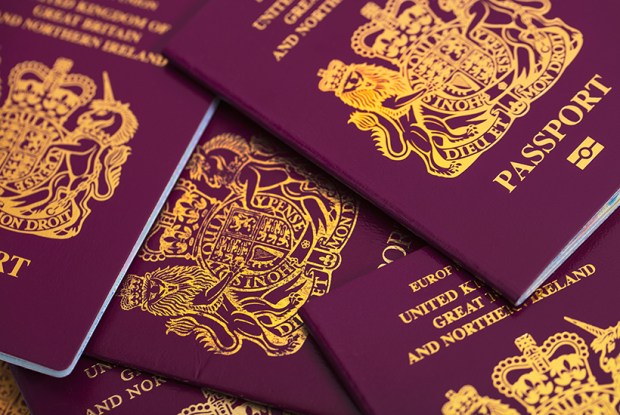
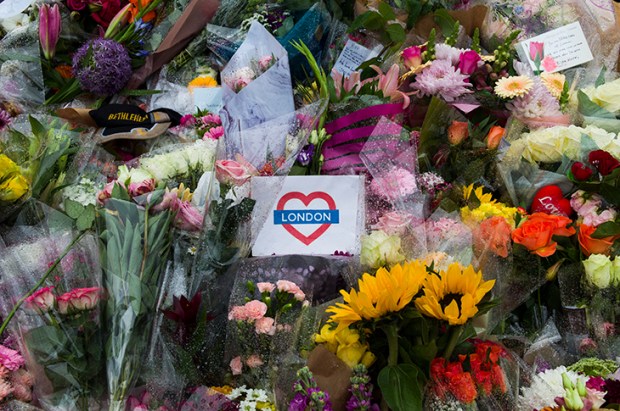






Comments
Don't miss out
Join the conversation with other Spectator Australia readers. Subscribe to leave a comment.
SUBSCRIBEAlready a subscriber? Log in